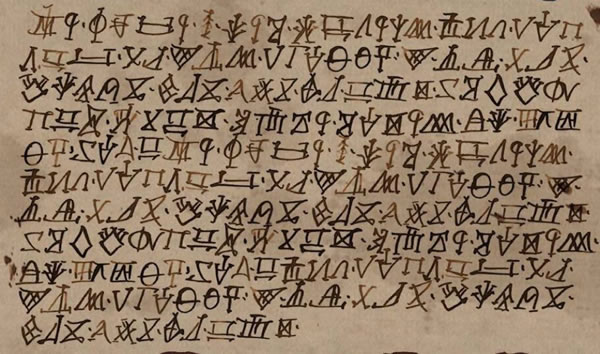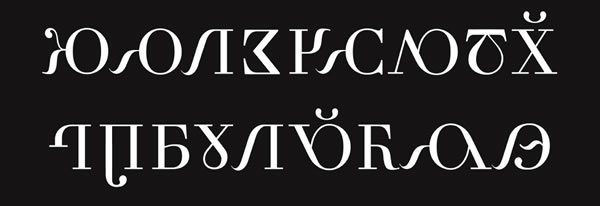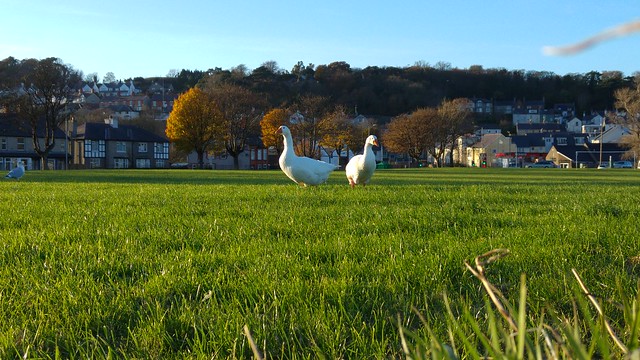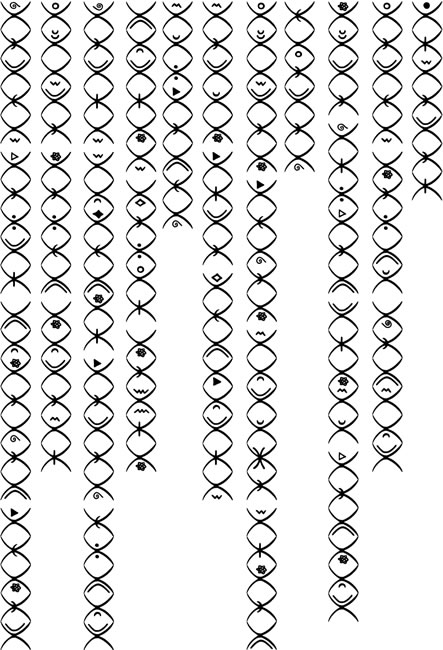Podcast: Play in new window | Download

Here’s the latest news from the world of Omniglot.
New language pages:
- Ngangam (miganganm), a Northern Gur language spoken in northeastern Togo and northwestern Benin.
- Mbukushu (thiMbukushu), a Bantu language spoken in Namibia, Angola, Botswana and Zambia.
- Belanda Viri, a Ubangian language spoken in the west and south of South Sudan.
- Glosa, an International Auxiliary Language based on Interglossa.
New numbers pages:
- Glosa, an International Auxiliary Language based on Interglossa.
- Interglossa, an International Auxiliary Language devised by Lancelot Hogben.
- Uropi, an International Auxiliary Language based on common Indo-European roots.
- Betawi (basè Betawi), a Malay-based creole spoken mainly in the Jakarta region of Indonesia.
On the Omniglot blog there’s a new post entitled Doorgetting about the doorway effect (forgetting why you entered a room as you walk through the door), and related things. There’s also the usual Language Quiz. See if you can guess what language this is:
Here’s a clue: this is a Polynesian language.
The mystery language in last week’s language quiz was Bhili (भीली / ભીલી), a Western Indo-Aryan language spoken in Rajasthan, Gujarat, Maharashtra and Madhya Pradesh in central India.
In this week’s Adventure in Etymology, Sadly Satisfied, we find out whether the words sad and satisfied are related.
On the Celtiadur blog there’s a new post entitled Tented Pavilions about words for tents, pavilions and related things in Celtic languages
Improved page: Interglossa language page
For more Omniglot News, see:
https://www.omniglot.com/news/
https://twitter.com/Omniglossia
https://www.facebook.com/groups/omniglot/
https://www.facebook.com/Omniglot-100430558332117
You can also listen to this podcast on: Apple Podcasts, Amazon Music, Stitcher, TuneIn, Podchaser, PlayerFM or podtail.
If you would like to support this podcast, you can make a donation via PayPal or Patreon, or contribute to Omniglot in other ways.
Radio Omniglot podcasts are brought to you in association with Blubrry Podcast Hosting, a great place to host your podcasts. Get your first month free with the promo code omniglot.
















